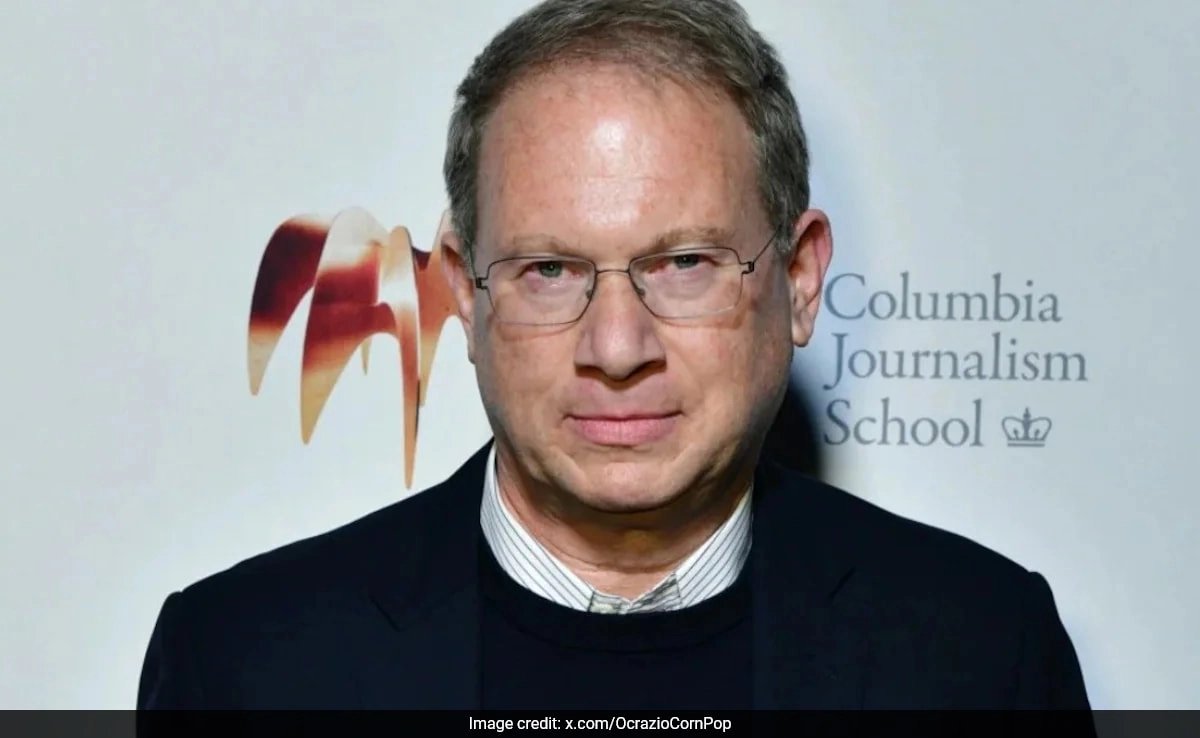Jeffrey Goldberg, a prominent journalist known for his insightful reporting and analysis, has recently found himself at the center of controversy following the leak of private chats related to the ongoing situation in Yemen. As the editor-in-chief of The Atlantic, Goldberg has a long history of covering important geopolitical issues, but this scandal threatens to overshadow his work. The leaked conversations reportedly involve discussions about U.S. foreign policy in Yemen and the implications of the ongoing conflict, raising questions about the integrity of journalistic practices and the ethical boundaries of sources and leaks. The fallout from this situation has not only sparked debates within media circles but has also attracted the attention of high-profile figures within the Trump administration, who have pointed fingers at Goldberg as part of a broader narrative targeting journalists who challenge their narratives.
The implications of the Yemen chat leak extend beyond Goldberg’s reputation as a journalist. The conversations unveiled in the leak suggest a complex web of interactions between journalists, government officials, and various stakeholders involved in the Yemeni crisis. This raises critical questions about how information is shared and the potential impact of such leaks on public perception and policymaking. In an era where the media plays a crucial role in shaping public discourse, the ethical considerations surrounding leaks and the responsibilities of journalists become even more pressing. Goldberg’s situation exemplifies the delicate balance that reporters must navigate as they strive to inform the public while also protecting their sources and maintaining journalistic integrity.
Moreover, the targeting of Goldberg within Trumpworld highlights the ongoing conflict between the administration and the media. Journalists have increasingly found themselves in the crosshairs of political figures who seek to undermine their credibility and influence. This tactic not only serves to discredit individual reporters but also represents a broader strategy to delegitimize the media as a whole. As Goldberg faces scrutiny, the implications for press freedom and the role of journalism in a democratic society cannot be overlooked. The challenges posed by this scandal may have far-reaching effects on how journalists operate and how they are perceived in the political landscape, ultimately influencing the quality of information available to the public.
In conclusion, the Yemen chat leak scandal involving Jeffrey Goldberg serves as a critical case study in the complexities of modern journalism, particularly in the context of political tensions. As the situation unfolds, it will be essential to monitor how this controversy impacts not only Goldberg’s career but also the wider media landscape, the ethical considerations of journalistic practice, and the precarious relationship between the press and political power. As discussions continue, it is clear that the consequences of this incident will resonate well beyond the immediate fallout, shaping the future of journalism in an increasingly polarized environment.




